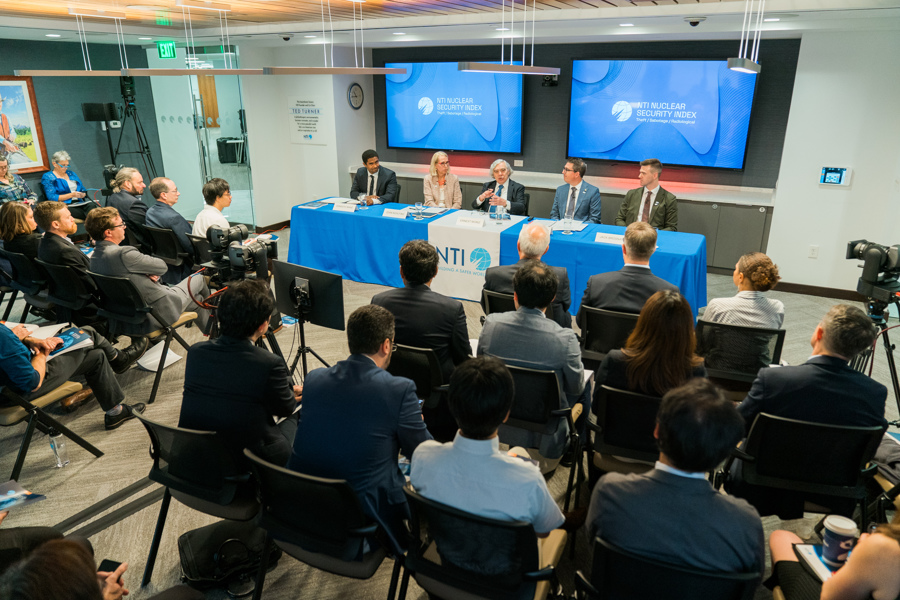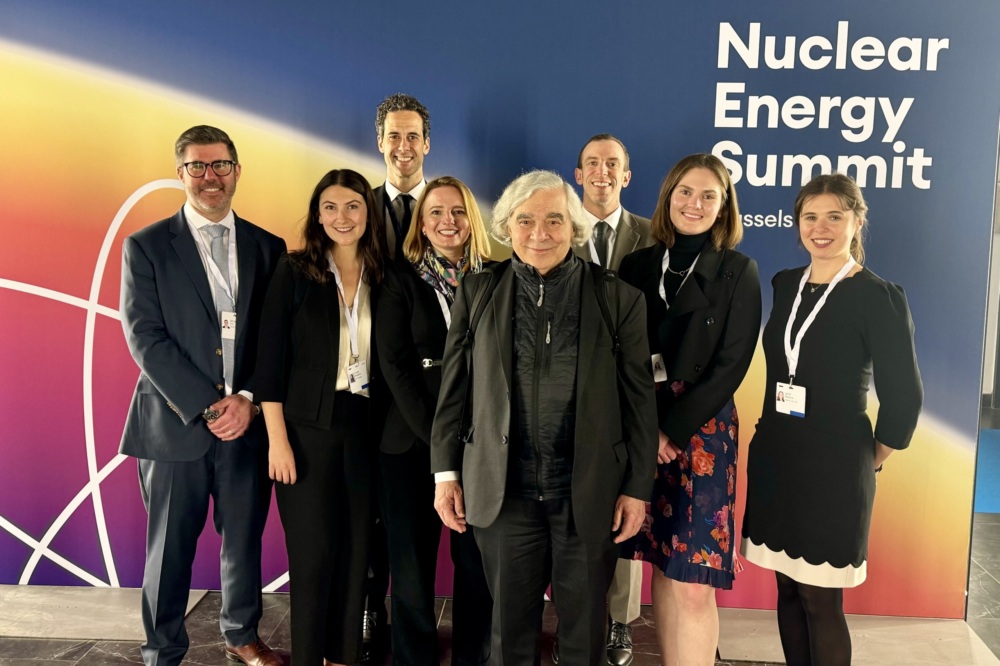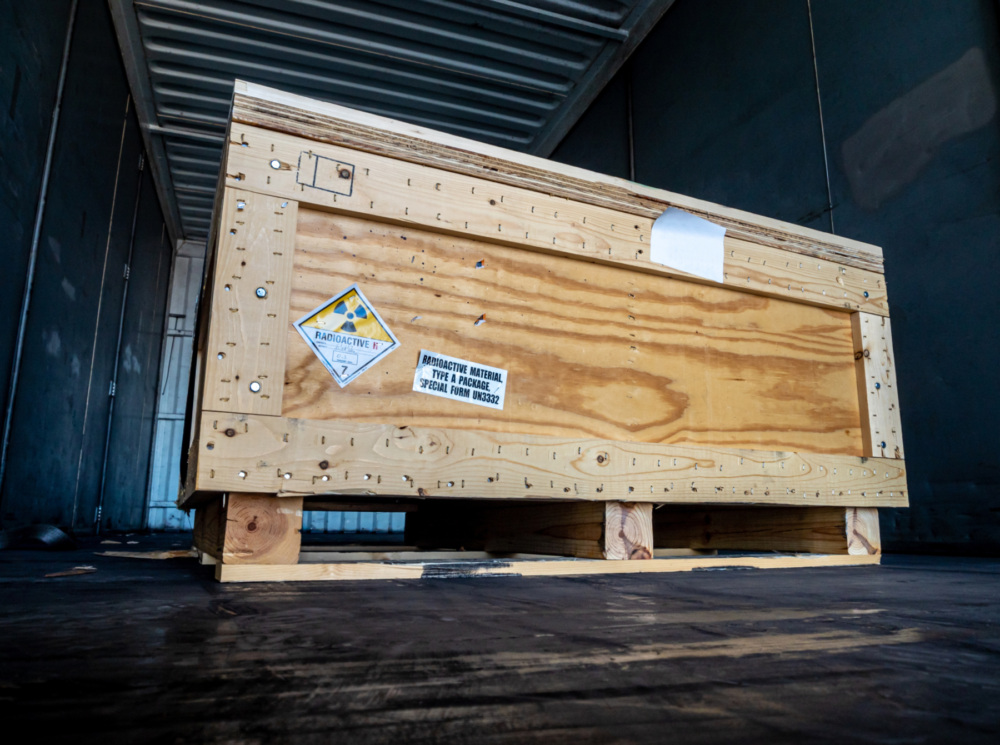
Sharad Joshi
The James Martin Center for Nonproliferation Studies
Following years of periodic rumors, in September 2010 China announced its intention to sell two additional plutonium-producing heavy water reactors to Pakistan. In this issue brief, Sharad Joshi discusses the motivations behind and implications of China's decision to sell Pakistan two more plutonium-producing heavy-water reactors.
He notes that the Sino-Pakistani nuclear deal appears to have been driven primarily by balance of power considerations, as well as issue linkages with other pressing matters. From the Pakistani perspective, the agreement is a way of closing the gap with India on nuclear matters and reversing the “de-hyphenation” with its South Asian neighbor. For China as well, the deal is about balance of power issues. Beijing is trying to ensure that India’s profile is restricted to South Asia by bolstering Pakistan and countering increased U.S. influence in the region. The deal also raises questions about the capacity of the Nuclear Suppliers Group, and particularly its ability to hold its member states accountable for their export commitments, given that the Sino-Pakistani deal was presented to the NSG as a fait accompli.
Read the issue brief.
Sign up for our newsletter to get the latest on nuclear and biological threats.
“The bottom line is that the countries and areas with the greatest responsibility for protecting the world from a catastrophic act of nuclear terrorism are derelict in their duty,” the 2023 NTI Index reports.
NTI advanced key principles from a recent report that outlines pathways for the responsible, sustainable, and effective development of new nuclear projects and industries in embarking countries.
The CNS Global Incidents and Trafficking Database found more than 350 incidents of nuclear and radioactive material outside of regulatory control in 2020 and 2021.


